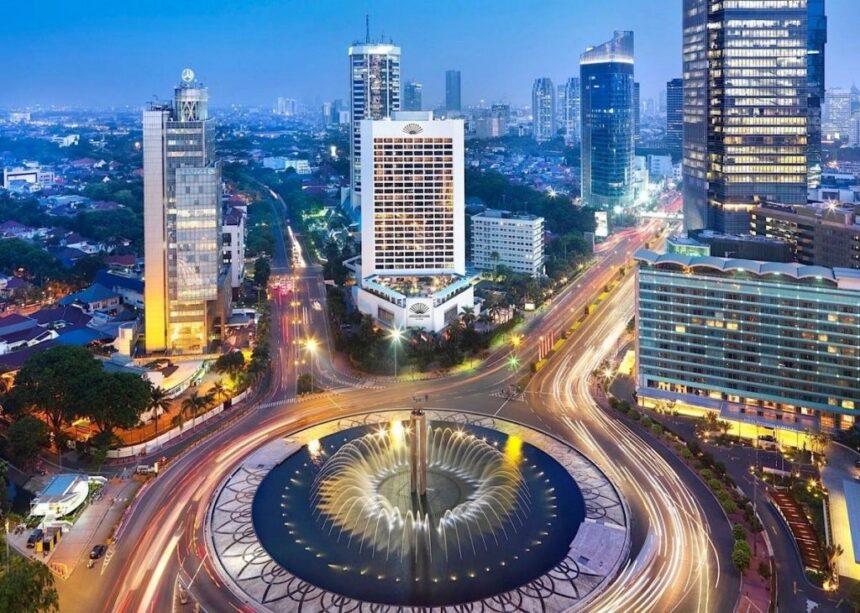Nigeria’s economic scene is currently wrestling with unprecedented challenges as the cost of living skyrockets to levels previously unseen.
A recent report from the National Bureau of Statistics (NBS) has put the nation’s inflation rate at a staggering 29.90%, underscoring the severe economic pressures reshaping the cost of living across the country.
This inflationary pressure is not evenly distributed, with its impact varying significantly across different subnational regions.
The NBS’s detailed analysis for January 2024 brings to the forefront the underlying causes driving this surge in inflation.
Key among these is the sharp rise in food prices, exacerbated by security challenges in critical agricultural zones and a spike in transportation costs, among other factors.
The report further contains the top 10 most expensive states in Nigeria in January 2024. This crucial data provides a clearer picture of the economic distress experienced by Nigerians in various states, highlighting the urgency of addressing these inflationary pressures. Below is the list of the 10 most expensive states in Nigeria in January 2024:
10. Lagos
Leaving its regular spot of being the second most expensive state in Nigeria, Lagos settles at the 10th position on the list in January 2024, with an all-items inflation rate of 31.85%, a slight decrease from the previous month’s figures of 32.32%.
Notably, the food inflation rate slowed to 38.1%, from 39.3% in December 2023, which means that the inflation rate is declining in the state.
9. Osun
In the 9th position, Osun has an all-item inflation rate of 32.31% in January 2024. A comparison with December 2023 figures reveals an increase from 30.13%.
Furthermore, the food inflation in the state stands at 39.7%, reflecting a marginal rise from 37.4% recorded in December 2023.
8. Ondo
Ondo takes up at the 8th position in January 2024, reporting an all-item inflation rate of 32.33%, up from 30.91% in December 2023.
The food inflation rate stands at 39.6%, a substantial jump from 36.9% in December 2023, underscoring the pivotal role of food in driving inflation in Ondo State.
7. Ebonyi
Ebonyi State takes the 7th position as all-item inflation stands at 32.36% in January 2024. This figure represents a significant increase from December’s 31.07%.
Also, the food inflation in the state is at 39.1%, higher than the 35.7% recorded in December 2023, emphasising the significant role of food prices in the state’s inflation dynamics.
6. Bauchi
Also, on the list is Bauchi in the 6th position with an all-items inflation rate of 32.37% in January 2023, a notable increase from 31.56% in December 2023.
Food inflation shows an increase from 27.5% in December 2023 to 28.8% by the beginning of 2024.
5. Rivers
Ranking 5th on the list is Rivers state, with a 32.74% inflation rate in January 2024, an increase from the 32.15% recorded the previous month.
The food inflation is higher at 40.1%, but an increase from December’s 38.6%, suggesting that food is a major driver of inflation in this state.
4. Abia
Abia State also makes the list with an all-items inflation rate of 33% in January 2024, an increase from 31.28% recorded in December 2023.
Food inflation picks up at 39.6%, a notable uptick from December’s 37.2%, indicating a growing trend of increased living expenses, especially related to food.
3. Akwa Ibom
Maintaining the 3rd spot is Akwa Ibom State, reporting an all-items inflation rate of 33.16% in January 2024, marking an increase from December’s 31.08%.
Notably, the food inflation rate increased to 40%, compared to December’s 37.4%.
2. Oyo
Oyo unseats Lagos to become the second most expensive state in Nigeria, with an all-items inflation rate of 34.58% in January 2024, a significant increase from December’s 31.29%.
The food inflation rate is 37.3%, showing an increase from December’s 34.3%, which means that food is a major driver of inflation in this state.
1. Kogi
As usual, Kogi tops the chart as the most expensive state in Nigeria in January 2024. It recorded an all-items inflation rate of 35.78% from 35.57% in December of the same year.
However, the food inflation rate slowed to 44.2%, a slight decrease from the previous month’s 44.7%. Despite the slight decrease, Kogi still has the highest food inflation in Nigeria.


